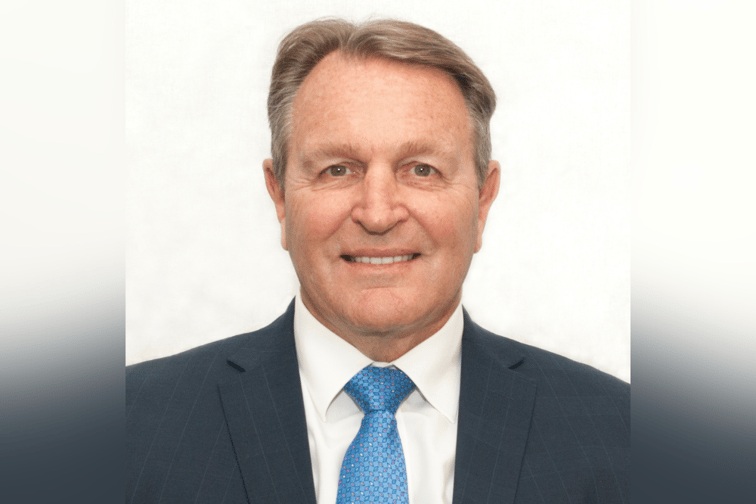

This month, Teachers Health Group, a not-for-profit private health provider, was able to announce one of the lowest average premium increases across the insurance industry in 20 years.
“It’s well below the increases of the larger five [private health] funds. As a not-for-profit private health insurer, we always put people before profit,” said Teachers Health Fund CEO Brad Joyce (pictured).
The increase of 2.17% compares to the industry average of 2.70%. Other, larger private health funds have increased their premiums by as much as 50% more than Teachers Health.
Bupa’s is up 3.18%, HBF is 3.62%, HCF is 2.72%, Medibank is 3.10% and NIB is 2.66%.
Teachers Health also announced a premium freeze.
“Over time, we aim to return 90 cents in every premium dollar to our policyholder members in the form of benefits while ensuring we maintain capital at appropriate levels to ensure the ongoing sustainability of our business,” said Joyce.
As a non-profit, Teachers Health doesn’t have to worry about keeping shareholders happy with dividends and an increasing share price, like for-profit insurance providers. However, according to Joyce, Teachers Health is also a very efficient operation.
“We enjoy one of the lowest management expense ratios in the industry, it’s under 8%,” he said.
Joyce said Teachers Health aims to deliver value for money and high quality health insurance while running a sustainable, ethical and responsible business. The low premium increase is estimated to save its members, teachers and nurses $13.1 million this year.
It’s not the first time the fund has frozen premiums.
“We also froze our premiums at the beginning of the pandemic in 2020,” said Joyce.
The CEO said the pandemic placed insurance companies in a position of responsibility.
“I think there’s a general expectation, both from the community at large but also from government and from regulators that health insurers will do the right thing and they won’t look to profiteer from the difficulties associated with the pandemic,” he said.
Joyce said there’s no way of predicting or quantifying when the catch-up in claims may occur, if at all.
“We made a commitment not to profit from the pandemic and to give back any genuine savings that did arise from the pandemic to our member policyholders,” he said. “Most certainly as we move forward, if further genuine savings do occur as a result of, for example, claim deferral, we will continue to look for meaningful ways of returning those savings to our member policyholders in the ways that genuinely provide a benefit to our members for the long term,” he explained.
Despite the cancellation of some medical procedures during the pandemic, Joyce said, across their membership, other health services have seen an increase in demand.
“We’ve seen a bit of an uptick in demand for chronic disease management programs and wellness style programs. Certainly, psychology and podiatry are two areas that I’ve noticed, and not surprisingly, greater demand for assistance,” he said.
There’s also a slight increase in demand for prosthesis and medical appliances like crutches and blood pressure monitors.
“Another area that has also seen greater demand in the last couple of years has been in the area of hearing and audiology, particularly, I’m noticing that from our teacher members,” he said.
For the group’s nurse and midwife membership there’s an increase in demand for physiotherapy and acupuncture.
“I think that just reflects the nature of the work that those particular people undertake,” said Joyce.
The CEO said the popularity of acupuncture doesn’t suggest any shift away from evidence-based care.
“But some of these therapies have been shown to give genuine and demonstrable relief to people, such as acupuncture, and we continue to support those sorts of therapies where it’s appropriate,” he said.
As a general observation, Joyce said, during the last few years, and only partly because of the COVID-19 pandemic, more people are paying attention to their health.
“Many people are looking more closely at their health and well-being and certainly ways of maintaining or improving their health and well-being moving forward,” he said.
One of the other measures undertaken by Teachers Health this year is to rollover any unused annual extras benefits from 2021 into 2022.
“Which really recognizes the impacts that some of the COVID restrictions have had on access to some of those health services but also reflecting the increasing demand with people focusing on improving their health and well-being,” said Joyce.
